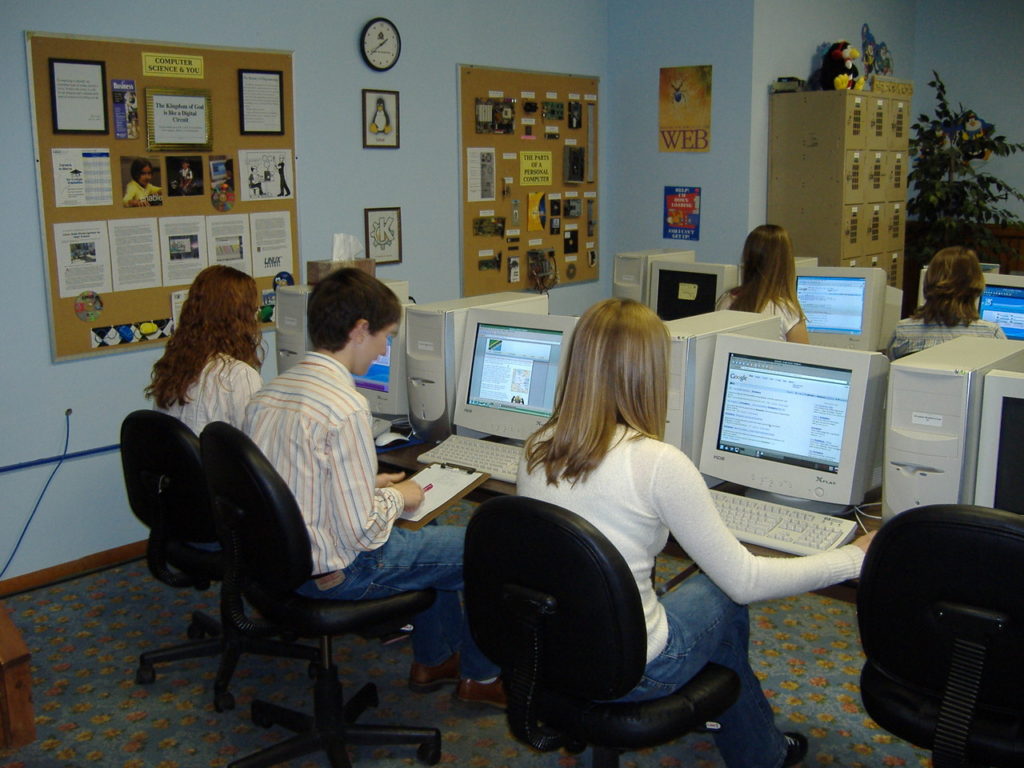
As long as there have been different languages that divide us into different groups across the globe, mankind has pondered the questions about the origins of language and how the brain learns a language and why some people struggle to learn one while some people can master almost a dozen. Studies of the brain have shown interesting patterns in how the various areas of the brain work to master the art of learning a new language. Many times, when someone is preparing a trip to another country where their native languages are not the same, they will be told they need to learn the language before they go. There is a lot of wisdom in this advice but many struggle with how to even begin learning a new language.
The Science Behind It
Researchers at Cornell University used fMRI to find out how multiple languages are processes, recorded, and stores within the human mind. They found that native and second languages seem to be stored in spate areas of the brain, separated by the Broca’s area, which is a region of the brain responsible for moving of the mouth, tongue, and palate. In contrast, a native language or a second language have very litter separation within the Wernicke’s area, as section of the brain located in the temporal lobe which helps with the comprehension of language. What does this show about the question of how does the brain learn a second language? It seems to point to the theory that adult learned struggle so much more with learning a second language not because they have a hard time hearing it but because they have a much harder time forming the sound and words of that new language. This also explains the frustrating phenomenon of when a language learner hears the new language and understands what is being said but he or she cannot form a response and struggles with getting the right words out. This the phenomenon world travels and those who work as interpreters and translators have to overcome in order to pursue their career and become a valued part of a language translation and interpreting service provider.

How Does the Brain Learn a Second Language?
For adults, techniques that focus more on speaking may be more successful than lessons and exercises that focus more on simply reading and listening to the new language. For example, instead of spending five classes working on vocabulary and grammar, an instructor could get better results by letting the class speak the language and act out real world scenarios. It would give them a chance to hear the word as others are speaking but it also gives them valuable exercise of making their own mouths form the words and make the proper sounds. Speaking will lead to a better understanding of the language and will work with rather than against the brain and it also answers the question of how does the brain learn a second language?
Conclusion
This is not to say that learning to read a language and learning to understand spoken dialogue is not important- what it is saying is that for many the best way to learn a second language, especially as an adult, is to actually use to words and speak the language themselves. That may well be the best answer for how does the brain learn a second language and how can adults more effectively learn a new language. Many people report that if they are able to shadow someone who works for a language translation and interpreting service and sees and hears the words spoken and translated in real time and in a real-world situation it often sticks in their memory easier and hey learn the language faster. It is one idea that can help you tackle learning another language before you get on that plane or boat and head to the far side of the world!


